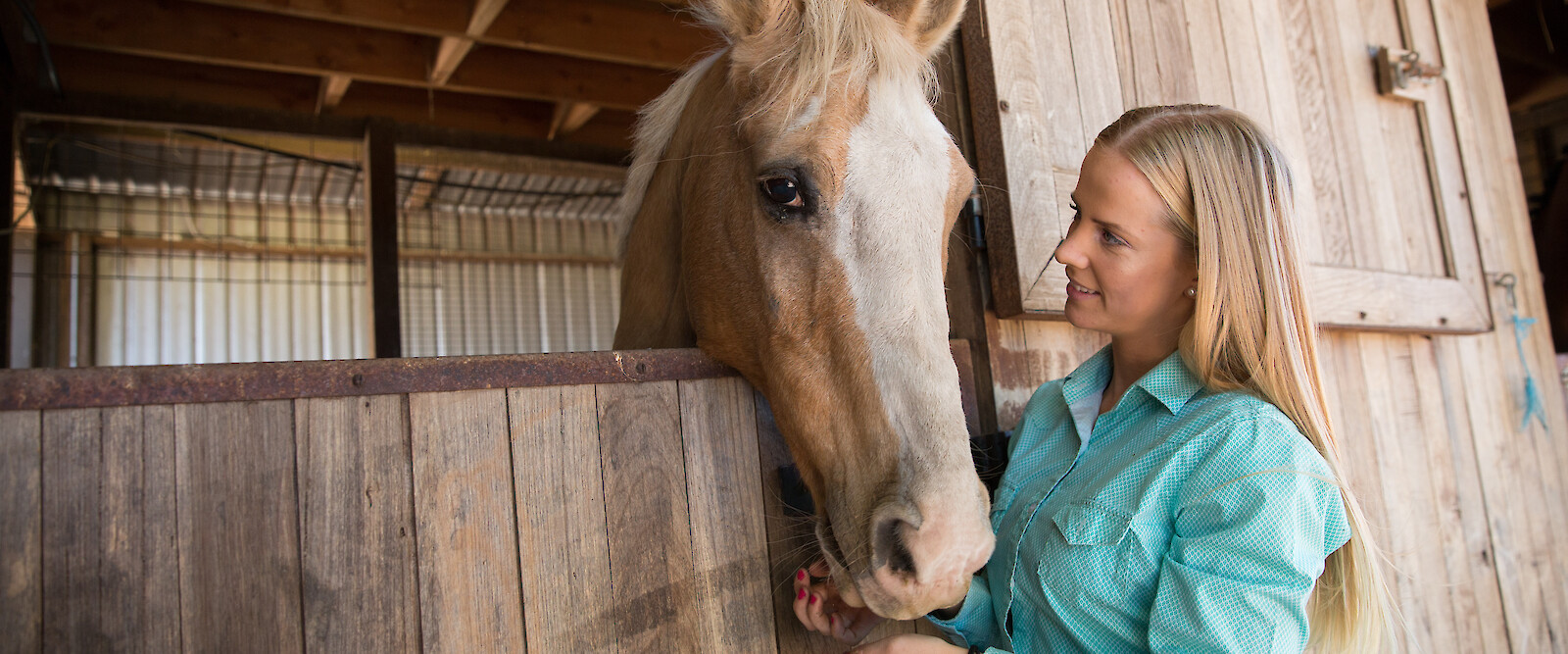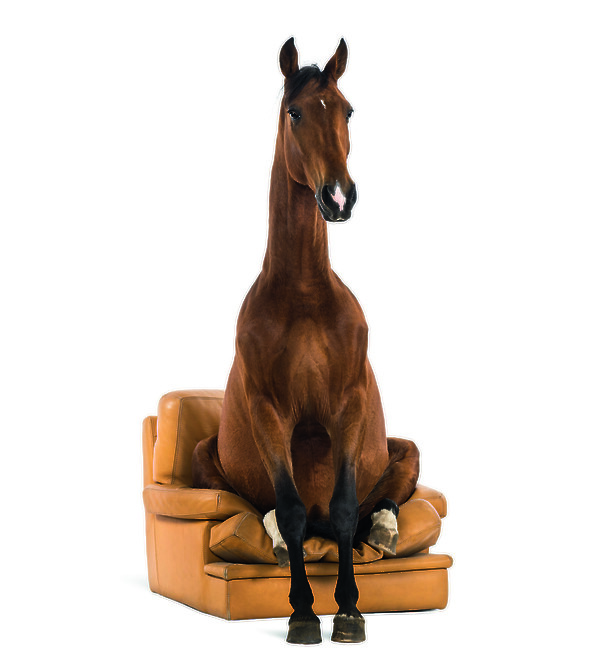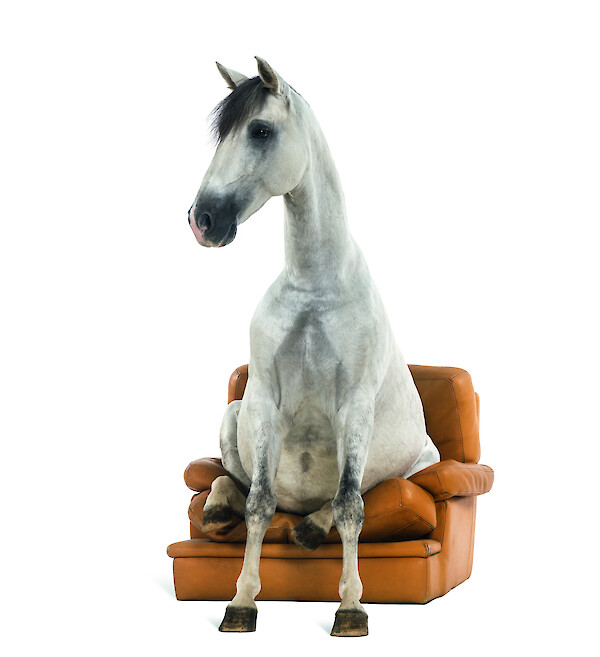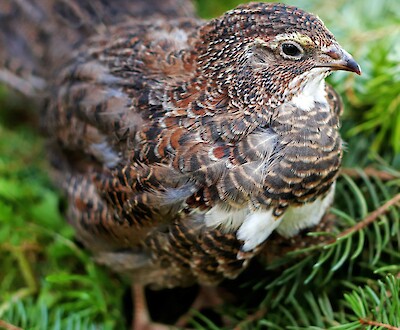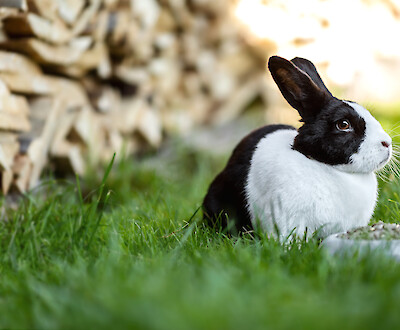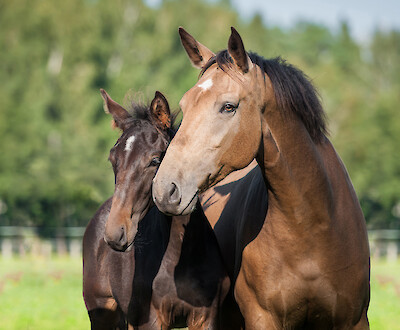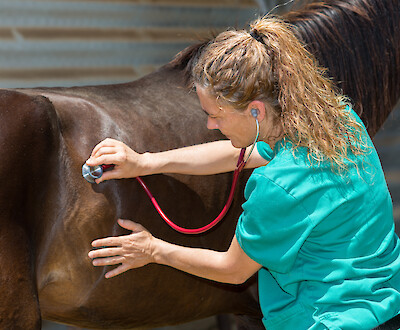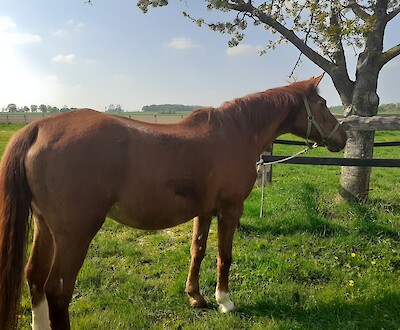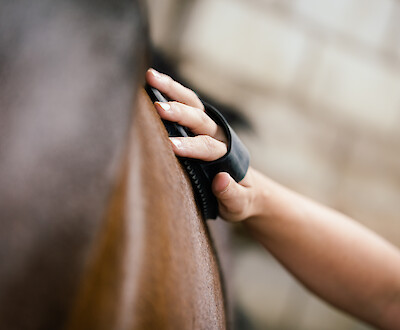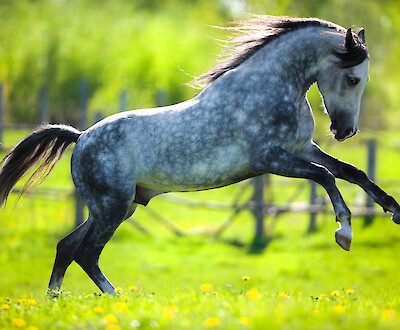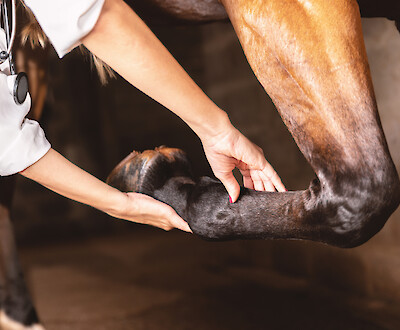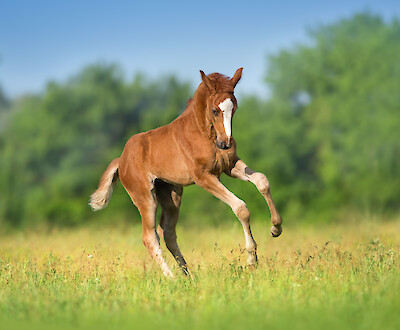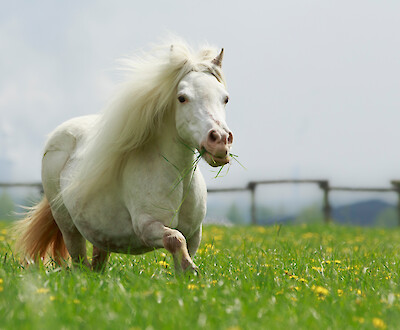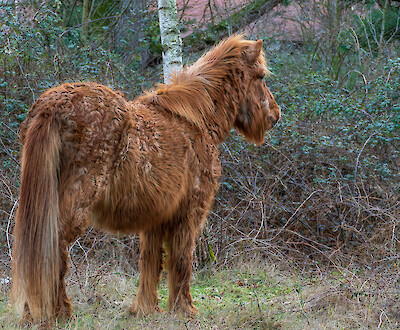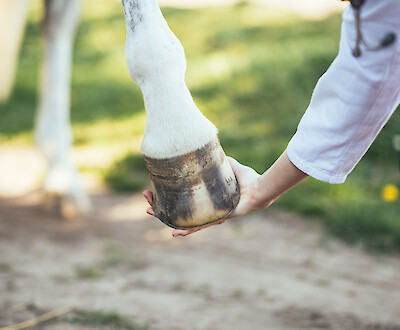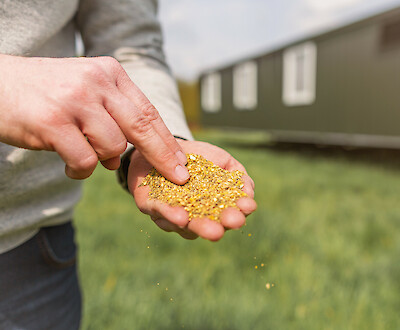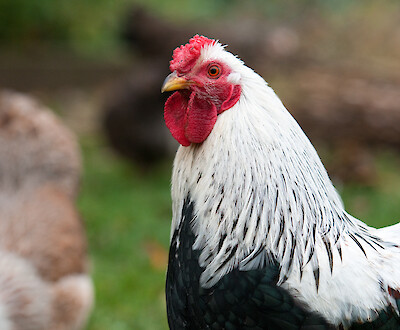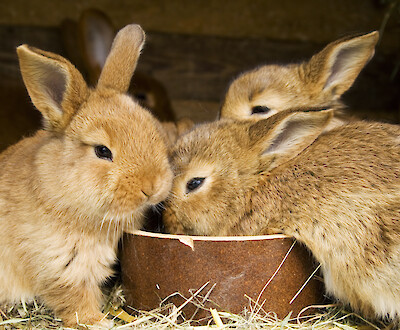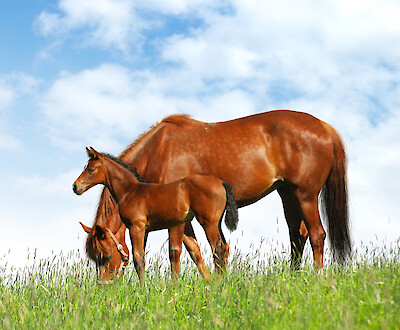How to counteract with the right feeding
What can be done against watery stools in horses?
Many horse owners are familiar with the vexed subject of watery stools. The technical term describes a symptom that horses usually suffer from after being stabled in the autumn and winter months. The brownish intestinal water, which appears spontaneously or after defecation, is extremely unpleasant for the affected horses. Watery droppings are usually a sign that digestion is not running smoothly. Just as complex as the possible causes are the possible solutions to this unpleasant affliction. In most cases, horse owners have to investigate the causes: Investigate the causes, control the ration and try it out.
Symptoms - this is how watery stools manifest themselves
Watery stool is the excretion of a watery-brownish liquid. It occurs either spontaneously or after defecation. The horse droppings themselves are usually normal in shape. It runs down the horse 's hind legs and sticks to the coat and tail. As quickly as it appears with the start of stabling in the autumn months, it often disappears again with the grazing season. Most animals only suffer from watery stools for a few days. In other animals, however, it can develop into a chronic condition.
How does watery stool develop?
Watery stools are not a disease, but an indication of disturbed digestion. To get to the bottom of the causes, a close look at the horse's digestion helps: The nutrients contained in the feed (proteins, fats and carbohydrates as well as minerals and trace elements) are broken down and absorbed in the horse's small intestine. All the fibrous components of the feed are processed by microorganisms in the subsequent digestive sections of the large intestine - more precisely, in the caecum and the colon. This process is called fermentation and describes the microbial transformation of organic substances. If digestion is intact, water and other fluids are absorbed mainly in the appendix and the colon. If watery stools occur, this means that the horse's digestion is not running smoothly. This also explains why affected horses often suffer from flatulence or cramps. The watery liquid must be distinguished from more pulpy diarrhoea, which can have similar but also completely different causes.
Appropriate measures: What can be done against watery stools?
Just as complex as the causes of watery stools are the possible solutions. Therefore, there is neither a patent solution nor a miracle cure. Rather, the motto for watery stools is: try it out and take countermeasures. The horse's digestion can be positively influenced in different ways. The following checklist helps to clarify the situation.
Checklist: Causes and solutions for watery stools
-
Cause: Insufficient roughage and too much concentrate at the same time can overstress the gastrointestinal tract. This is especially true during the time of feed change with stabling.
Solution: Feed your horse at least 1.5 kg of roughage per 100 kg of ideal body weight.
-
Cause: Feeding haylage is associated with a higher risk of causing watery faeces. On the one hand, this is due to a lower comminution of the feed particles and, on the other hand, due to an increased flow of urea and ammonia, which can influence the absorption of water in the intestine. If a faulty fermentation has taken place during the ensiling process, this could also be responsible for the watery faeces. Important: Horses fed hay - especially the 2nd cut - can also be prone to watery faeces.
Solution: Check the silage for mould and soil contamination. Make sure that the silage bale is used up within a few days. If your horse still shows watery stools, consider switching to high quality hay (1st cut).
-
Cause: With the change of stabling in autumn, the horse again consumes mainly hay instead of grass. Hay contains much less water than pasture grass. As a result, the horse drinks much more water than before to compensate for the deficit. The horse 's gastrointestinal tract cannot adapt quickly enough to the higher amounts of water and bind them. As a result, the water passes through the digestive tract unbound. The result: watery faeces.
Solution: When changing from pasture to stable management, horse owners should ensure a slow transition. The horse should be slowly accustomed to the change in feeding so that its digestion can adapt to the new conditions.
-
Cause: Frequent feed changes can have a negative effect on the gut flora and thus the balance of microorganisms in the gut.
Solution: Continuity and perseverance can be an important key in the treatment of feed-related faecal water problems! More regularity on the menu is the motto in future.
-
Cause: Hay or concentrated feed contaminated with fungal spores can disturb the balance of the intestinal flora.
Solution: Check and, if necessary, replace the feed with fresh and uncontaminated feed.
-
Cause: Stress in the stable and among the animals leads to an increased release of the stress hormone cortisol. A permanently high cortisol level impairs the horse's digestive processes.
Solution: Avoid stress! Depending on the type of stress and the underlying causes, very different measures can help to cope with it. For example: ensure calmness during feeding, offer a place of retreat to lower-ranking stressed horses, do not stress the horses directly after feeding, etc.
-
Cause: The composition of the feed does not meet the needs of the animal. If the horse gets more feed than it needs, the breakdown of excess energy and nutrients can be energy-consuming for the horse. A possible consequence: faecal water!
Solution: Adjust the ration so that the amount and its energy and nutrient content correspond to the horse's needs. In this way, the horse's digestion is not unnecessarily stressed.
-
Cause: Exercise has a beneficial effect on digestion. This applies equally to humans and horses. When horses are stabled, they naturally move less than during the grazing season. For some horses, this can cause digestion to falter.
Solution: Plan regular exercise for your horse to get the digestion going again.
-
Cause: Watery stools can also be caused by a specific illness of the stomach or intestines. Disease-related inflammations can negatively influence the regular digestive process and thus cause watery stools.
Solution: If there is a risk that the horse's watery stool problem is caused by a disease, it is essential to contact the veterinarian in charge.
-
Cause: Dental problems can also be one of the causes of watery stools. The reason for this is that horses with dental problems do not grind and salivate the feed components sufficiently well. This has a negative effect on the digestion process.
Solution: If there are conspicuously large, undigested feed components in the horse's faeces, a veterinarian should be consulted.
Digestive feeding for watery stools - a must!
What to do if there are apparently no faults in feeding or husbandry, but the horse still suffers from watery stools? Digestive support is a central means of treating the problem. Giving a feed with digestive properties can be a measure against the unpleasant condition if none of the above solutions is effective.
Particularly proven for watery stools: feed based on linseed
Fodders such as deukavallo Leinvital contain linseed as the main ingredient and thus have a particularly stimulating and stabilising effect on digestion. The mucilage contained in linseed as well as the oil of the linseed stimulate digestion and promote the further transport of food in the intestine. Other ingredients such as molasses pulp with its high pectin content support the beneficial effect of linseed. Pectins have water-binding properties that counteract the problem of watery stools. In addition, molasses chips are broken down particularly well in the horse's large intestine and thus preserve its microflora.
Conclusion
- Watery stools are a symptom of various gastrointestinal problems in horses.
- The black-brownish liquid is mostly observed in the autumn and winter months.
- The checklist in the article helps to connect possible causes for watery stools.
- Feeding with digestion-regulating ingredients can be an important measure for watery stools. Flaxseed-based feeds such as deukavallo Leinvital have proven particularly effective here.
Image credits (top slider): © Craig - stock.adobe.com
Contact person

Theresa Oesterwind
Contact person

